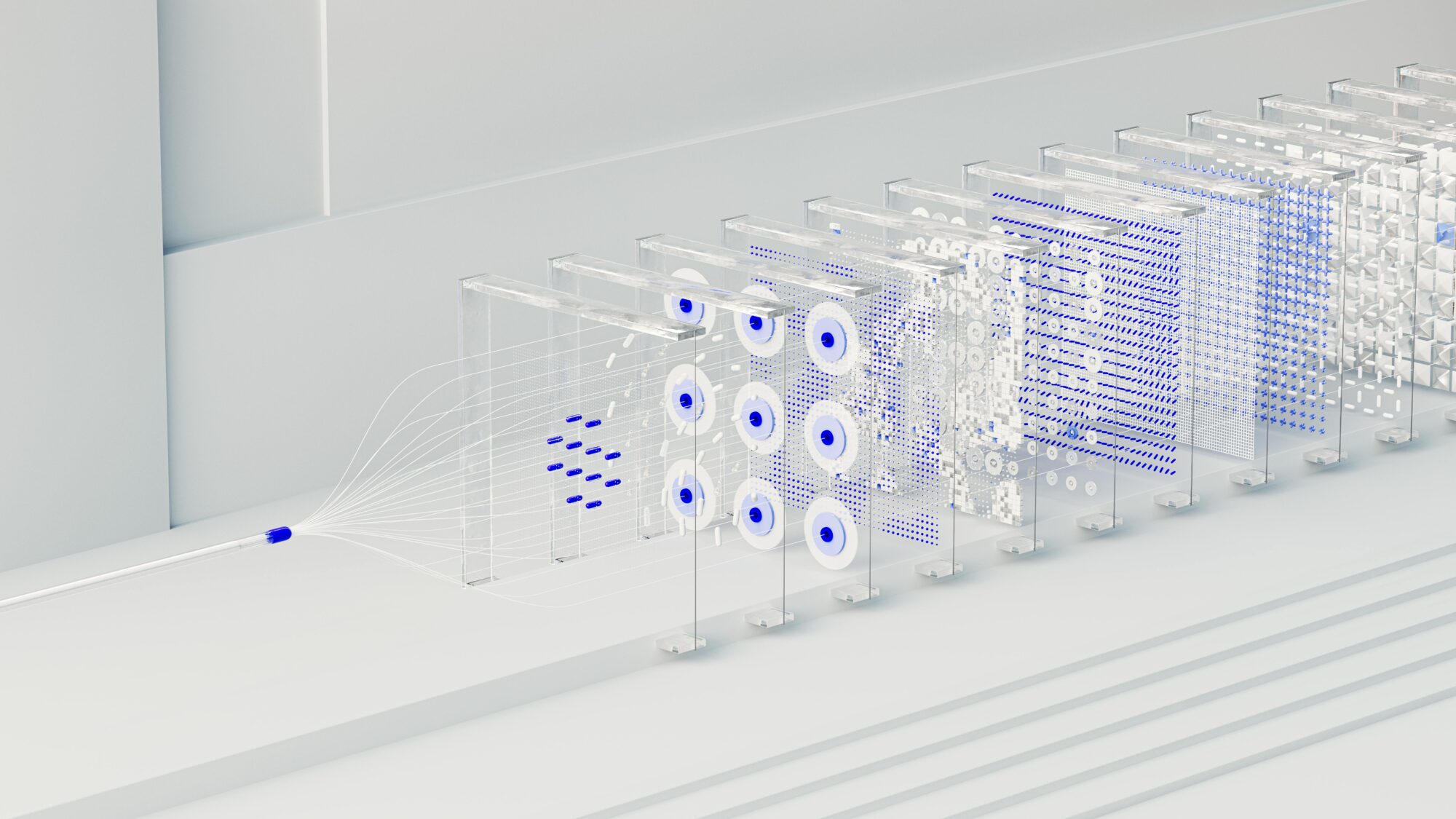
Morphology Oriented Research in Pathology Harnessing AutoEncoder Unsupervised Strategies
MORPHӔUS is a generative AI framework for morphology-aware profiling of cell states and mesoscale tissue structures in histology specimens imaged by multiplex immunofluorescence. The research approach classifies bioimages at the pixel-level at arbitrary length scales using generative AI with variational autoencoders (VAEs). The network identifies biologically meaningful cell states, morphologies, cell-cell interactions, and composite tissue structures with greater accuracy than segmentation-based approaches while avoiding the pervasive artifact of signal spillover in segmented images. This fully unsupervised method requires no ground truth annotations and is agnostic to the number and nature of immunomarkers used, making it broadly applicable to a wide range of bioimaging applications.
MORPHӔUS has the potential to transform how researchers interpret complex tissue environments across diverse disease settings. By enabling scalable, annotation-free analysis of spatial tissue architecture, it can accelerate discoveries in tumor immunology, regenerative medicine, and developmental biology. Future developments aim to integrate temporal dynamics and multi-modal data streams, expanding the framework’s utility for longitudinal studies and deepening our understanding of tissue evolution and disease progression.
We are actively expanding the capabilities of MORPHӔUS and exploring the potential of neural networks applied to multiplex tissue imaging data.
For more details on our current research projects, visit our jobs page.
